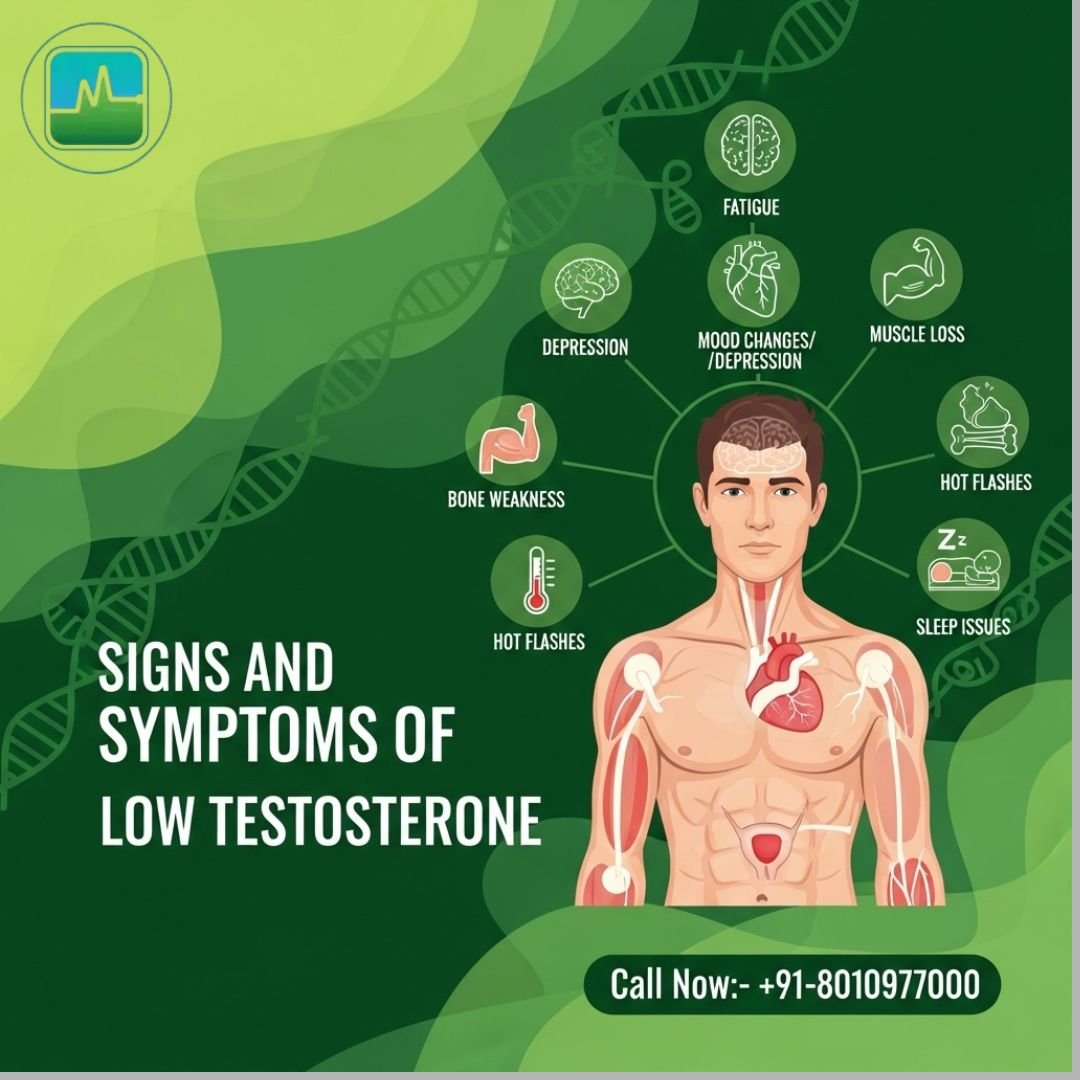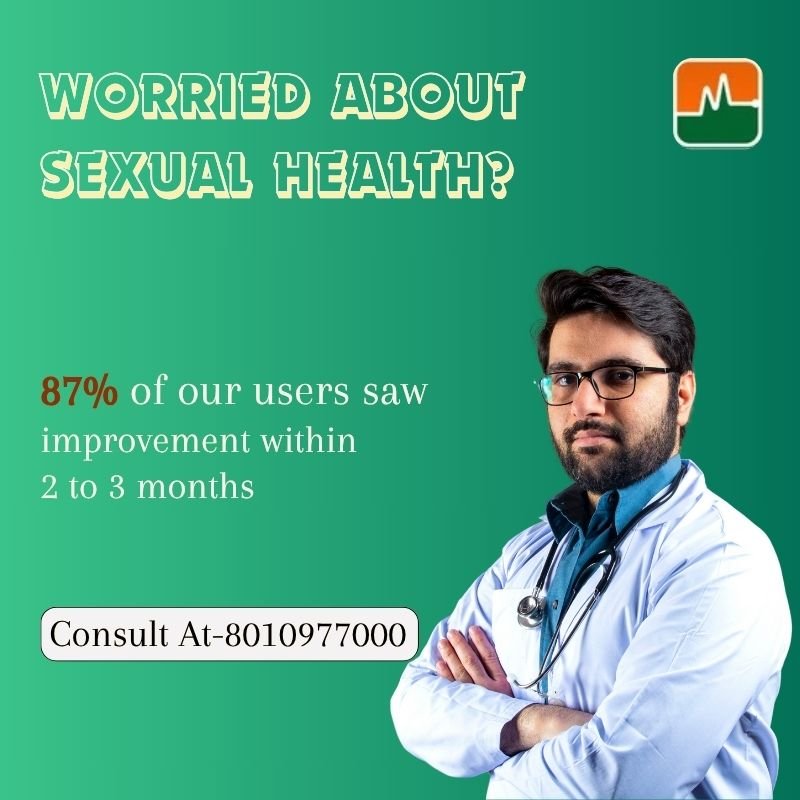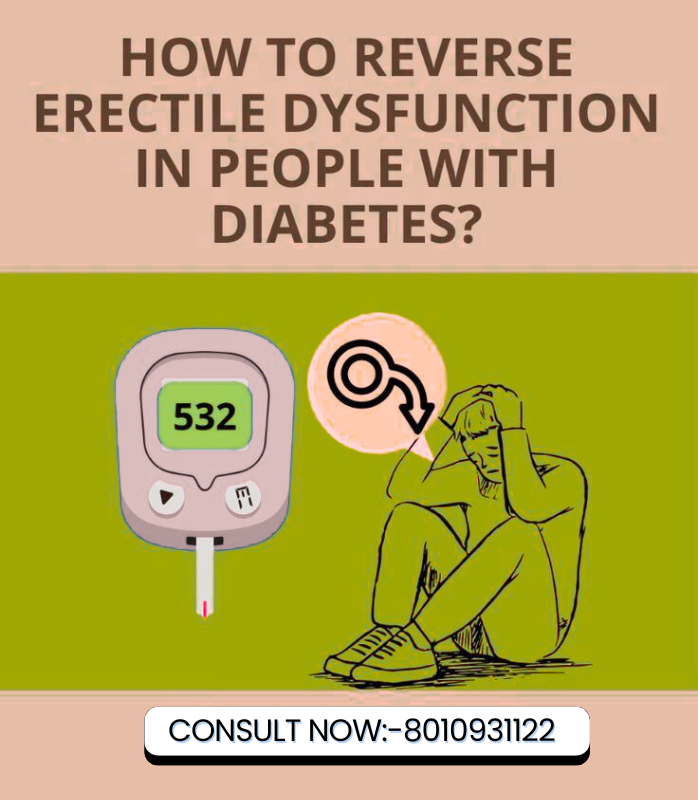How to know if you have low testosterone
Testosterone is a hormone that plays a vital role in the male body. It affects everything from muscle and bone density to mood and sexual desire. When levels of this important hormone drop, it can cause a number of symptoms that affect daily life. Understanding the symptoms of low testosterone is the first step toward seeking treatment and improving your quality of life.

low T is a hormone produced primarily in the testicles of men and, to a much lesser extent, in the ovaries of women. It is essential for male development and the development of masculine characteristics. Although it is known as a male hormone, women also need testosterone, albeit in smaller amounts.
Common Signs of Low T
Low testosterone, also known as “low T,” can manifest in a variety of ways. Recognizing these signs early can help you take action and seek medical advice.
Physical Symptoms
- Fatigue and low energy: One of the most common symptoms of low testosterone is feeling tired all the time, even if you get enough sleep. You may find it difficult to get through the day without feeling exhausted.
- Loss of muscle mass: Testosterone plays a vital role in building muscle. A decrease in this hormone can lead to a decrease in muscle mass and strength.
- Increased body fat: low T levels can lead to increased body fat. Some men may also experience gynecomastia, a condition in which the breasts become enlarged.
- Hair loss: Although hair loss is a natural part of aging, men with low T may experience increased loss of body and facial hair.
- Loss of bone density: Testosterone helps maintain bone strength. Men with low testosterone may have weak bones, increasing the risk of fractures.
Emotional and Mental Symptoms
- Mood swings: Testosterone can affect mood and mental ability. Men with low levels may experience mood swings, irritability, or depression.
- Loss of motivation: Lack of motivation or initiative can be another symptom of low testosterone. This can affect work performance and personal relationships.
- Loss of concentration: Some men with low T levels report difficulty with memory and concentration.
Sexual Symptoms
- Decreased sex drive: A significant decrease in libido is often one of the first symptoms of low testosterone.
- Erectile dysfunction: Testosterone stimulates the production of nitric oxide, which is necessary to trigger an erection. Men with low testosterone may have difficulty achieving or maintaining an erection.
- Decreased sperm count: low T can lead to decreased semen production, affecting fertility.

Causes of Low Testosterone
Several factors can contribute to low T levels, including:
- Aging: Testosterone levels naturally decline with age, usually around age 30.
- Medical conditions: Conditions such as obesity, diabetes, and hormonal disorders can affect testosterone production.
- Injury or infection: Damage to the testicles or infection can affect testosterone levels.
- Medications: Some medications, especially those used to treat cancer, can lower testosterone levels.
Diagnosing Low Testosterone
If you suspect you have low testosterone, it’s essential to consult a healthcare provider. A doctor can diagnose low T with a simple blood test that measures the level of this hormone in your system. They can also discuss your symptoms and medical history to determine the best course of action.
Treatment Options for Low Testosterone
There are several treatment options available for low T, each with its own benefits and risks.
Testosterone Replacement Therapy (TRT)
TRT is a common treatment for low testosterone. It involves supplementing the body with testosterone through injections, patches, gels, or tablets. Although TRT can effectively reduce symptoms, it can have side effects such as acne, sleep apnea, and an increased risk of heart disease.
Lifestyle Changes
Some lifestyle changes can help manage the symptoms of low T naturally:
- Regular exercise: Physical activity, especially strength training, can help increase testosterone levels.
- Healthy diet: Eating a balanced diet rich in nutrients can help with hormone production.
- Adequate sleep: Good sleep is essential for maintaining hormonal balance.
- Stress management: Reducing stress through activities like meditation or yoga can have a positive effect on testosterone levels.
Alternative Treatments
Some men explore alternative treatments, such as herbal supplements. However, it’s important to consult a healthcare professional before starting any alternative therapy, as these aren’t always regulated and may interact with other medications.
When to See a Doctor
If you experience symptoms of low testosterone, it’s important to see a healthcare provider. Early diagnosis and treatment can prevent complications and improve your quality of life. Remember, low testosterone is a common condition, and effective treatments are available.
Conclusion
Low testosterone can significantly impact a man’s physical, emotional, and sexual health. By understanding the symptoms and seeking medical advice, you can effectively manage this condition. Whether through medical treatment or lifestyle changes, taking action can lead to a healthier and more fulfilling life.
If you suspect you have low testosterone, don’t hesitate to contact a healthcare professional for guidance and support.











Leave a Reply